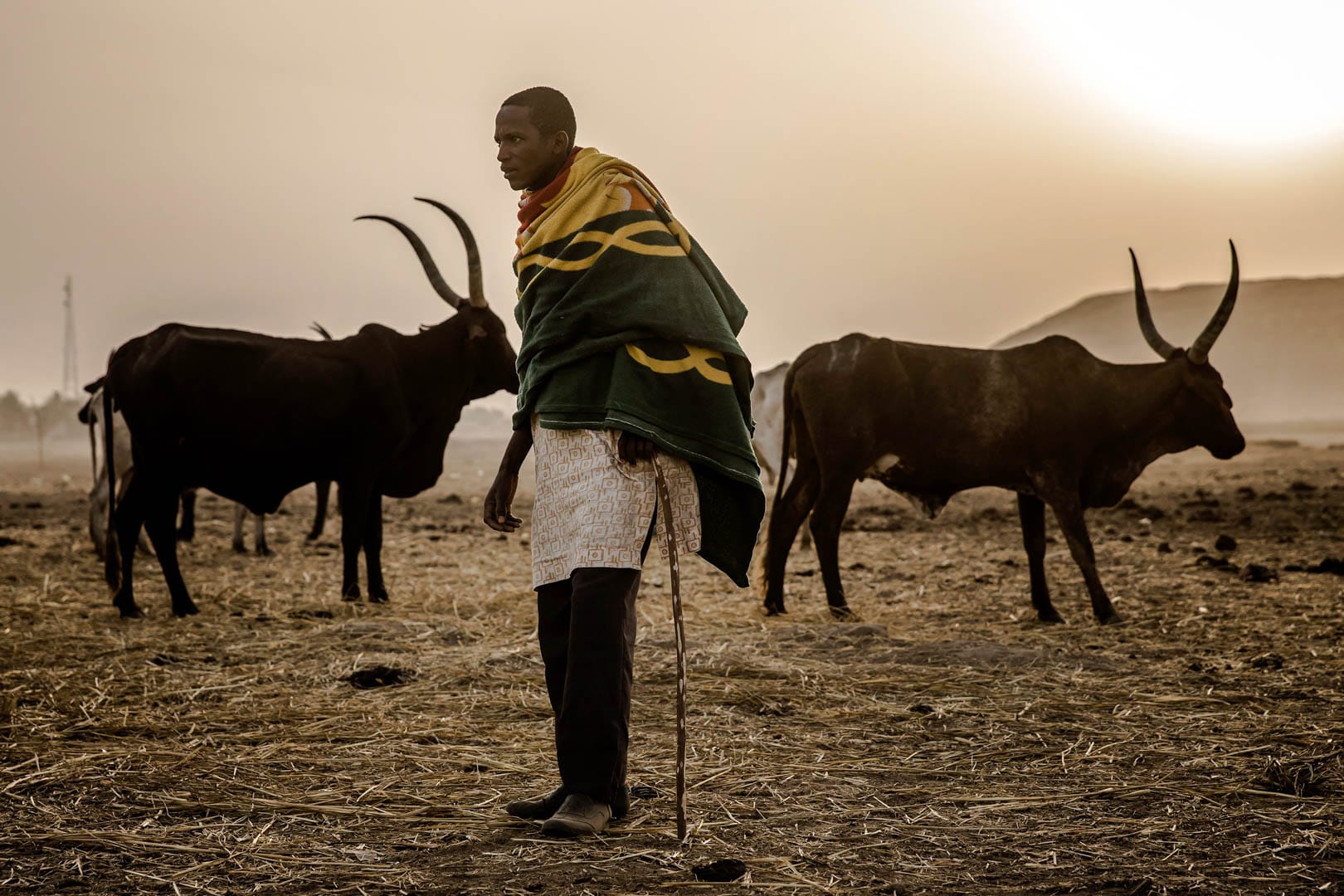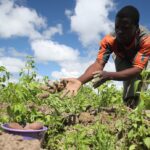Amidst years of disease outbreaks, inadequate infrastructure, and limited access to global markets, Nigeria’s newly established Ministry of Livestock Development is teaming up with the United Nations’ Food and Agriculture Organisation (FAO) in what is hailed to open new frontiers for trade and investment.
This alliance drives a range of interventions from animal health infrastructure and disease surveillance to fodder production and breed improvement.
In Nigeria, the livestock sector contributes about 5% to the national GDP and 17% to the agricultural GDP, employing more than 20 million people across herding, processing and trading.
Yet, recurring outbreaks of foot-and-mouth disease (FMD)—such as peste des petits ruminants (PPR) and African swine fever—have cost the country billions of dollars in losses annually and limited access to international markets that require stringent animal health certification.
Establishing disease-free zones is central to the livestock transformation agenda, as it will safeguard animal health and also position Nigeria as a credible player in the regional and global livestock trade.
FAO’s support will focus on helping Nigeria meet World Organisation for Animal Health (WOAH) standards, a prerequisite for exporting beef, dairy, and hides to premium markets in Europe and the Middle East.
By ensuring that selected regions are certified disease-free, Nigeria can join the likes of Botswana and Namibia, which earn hundreds of millions of dollars on livestock exports each year thanks to strict animal health regimes.
Strengthening animal health systems
Both parties agreed that success hinges on stronger animal health systems and reliable disease surveillance.
Nigeria loses ₦29 billion annually to livestock diseases. The partnership aims to curb these shortages by expanding veterinary services, improving cold-chain systems for vaccines, and training local field officers in disease monitoring.
The initiative will also integrate climate-smart livestock practices, such as rotational grazing, improved fodder conservation and methane-reducing feed innovations, to make production more sustainable in the face of climate change.
Asides animal health, the partnership also promises long-term economic security. Livestock is central to rural economies, providing meat, milk, leather and manure.
In northern states, livestock accounts for up to 60% of household income, while the sector overall supports about 17% of Nigeria’s agricultural GDP. Yet, owing to factors such as diseases and poor feed quality, productivity is among the lowest in the continent.
The recent FAO-FMLD partnership aims to reverse that narrative. It will strengthen trade corridors, attract private investment in meat processing and dairy plants and promote cross-border livestock commerce under the African Continental Free Trade Area (AfCFTA) framework.
The success of this initiative could reposition Nigeria as West Africa’s livestock hub, reduce dependency on imports, and ensure higher-quality protein for local consumption.
Summary not available at this time.






